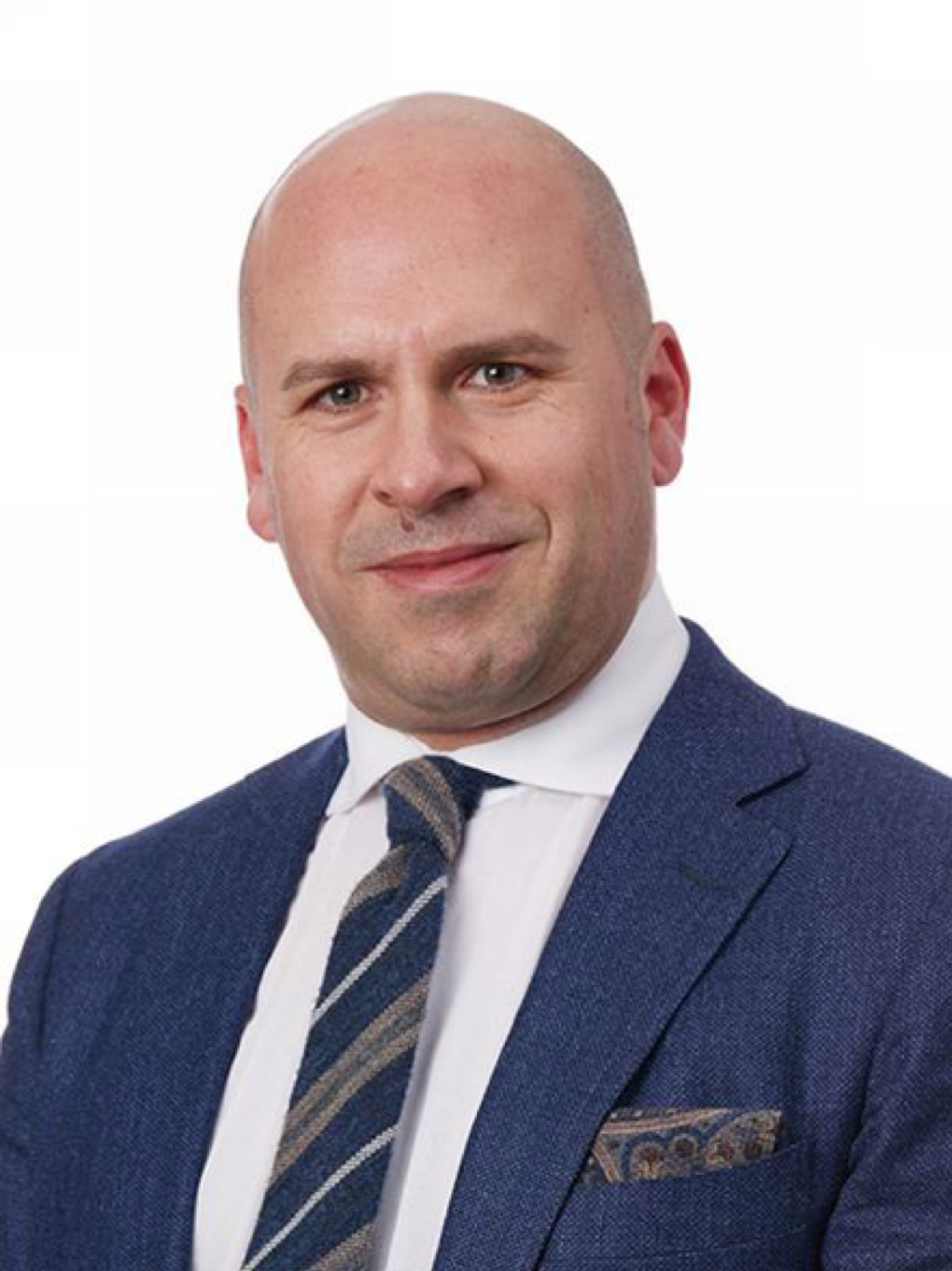Marco Scarci1, Jin Ye Yeo2
1Department of cardiothoracic surgery, Imperial College NHS Healthcare Trust, London, UK; 2JOVS AME Publishing Company
Correspondence to: Jin Ye Yeo. JOVS Editorial Office, AME Publishing Company. Email: jovs@amepc.org
This interview can be cited as: Scarci M, Yeo JY. Meeting the Editorial Board Member of JOVS: Dr. Marco Scarci. J Vis Surg. 2024. https://jovs.amegroups.org/post/view/meeting-the-editorial-board-member-of-jovs-dr-marco-scarci.
Expert introduction
Dr. Marco Scarci (Figure 1) undertook his specialist training in Italy, Malta, Essex Cardiothoracic Centre and Guy's and St Thomas. He spent six months between University of Toronto and McMaster University for a fellowship in minimally invasive surgery. Dr. Scarci’s practice is in pure thoracic surgery. He works closely with a large team including other surgeons, specialist nurses, radiologists and physicians to provide together with them the best outcome for patients. His key focus is minimally invasive surgery. Most of Dr. Scarci’s work is now performed through single port approach after visiting Dr. Diego Gonzalez Rivas, a pioneer in this type of approach.
He was part of the Council of the ESTS and Director of the ESTS Annual meeting. Dr. Scarci was also a member of the UK National Institute for Clinical Excellence preoperative tests working group and lung cancer group. As an active participant in the thoracic surgery community, he frequently presents at major conferences and has collaborated closely with organizations such as the National Institute for Clinical Excellence and leads various working groups within the European Society of Thoracic Surgeons, including those focused on chest wall database management and pleural malignancies.

Figure 1 Dr. Marco Scarci
Interview
JOVS: Your research and practice focus on minimally invasive thoracic surgery. What drew you to this particular area of specialization?
Dr. Scarci: I always believed that surgery can be very useful in certain cases and could be potentially curative, but, at the same time, I have been increasingly concerned by the invasiveness of the procedures. Early on in my career, I decided to find ways to do what I loved to do better, hence my interest for minimally invasive surgery.
JOVS: Having taken up various roles in thoracic surgery (eg. leader, consultant, and educator), could you share what were some of the key moments or turning points in your career that significantly influenced your professional journey?
Dr. Scarci: I have been fortunate enough to meet some great mentors on my way, people who truly took care of me and shaped me into the surgeon I currently am. The most significant experience I made was my fellowship in Canada, I really learnt a lot and felt ready to take on independent practice.
JOVS: Can you describe some of the most significant advancements in minimally invasive thoracic surgery you have witnessed during your career?
Dr. Scarci: The two most significant ones are the development of uniportal video-assisted thoracic surgery (VATS) from a curious way of doing surgery to a global phenomenon and the ever-increasing adoption of robotic surgery.
JOVS: What do you consider to be your most significant contribution to the field of minimally invasive thoracic surgery?
Dr. Scarci: Finding a way to standardize teaching and training many young surgeons that went on to take consultant positions are incredibly satisfying to me.
JOVS: Your work focuses on developing patient-focused solutions and strategies and accelerating the adoption of innovative technology within the healthcare environment. Can you share some insights into your research process and how you approach innovation?
Dr. Scarci: The biggest challenge I see at the moment is delivering high quality care with budget constraints. I strongly feel that the old paradigm of buying what is cheapest does not really work anymore. We need to embrace with conviction the value-based healthcare approach, in that regard I developed a dashboard to monitor value versus quality versus spending, so that healthcare administrators can see how the money is spent, what results are delivered, and where the savings are made.
JOVS: How do you see the future of thoracic surgery evolving, and what role do you hope to play in that future?
Dr. Scarci: There is no doubt that the future is robotic. I hope to develop that area and offer it to my patients.
JOVS: How has your experience been as the Editorial Board Member of JOVS?
Dr. Scarci: It has been very positive indeed. JOVS is a young and vibrant journal that hosts a huge number of useful resources for surgeons, bridging the gap between YouTube type videos which are not peer-reviewed and formal scientific publications.
JOVS: As the Editorial Board Member, what are your expectations for JOVS?
Dr. Scarci: I hope to further develop the journal and eventually contribute more to it.
